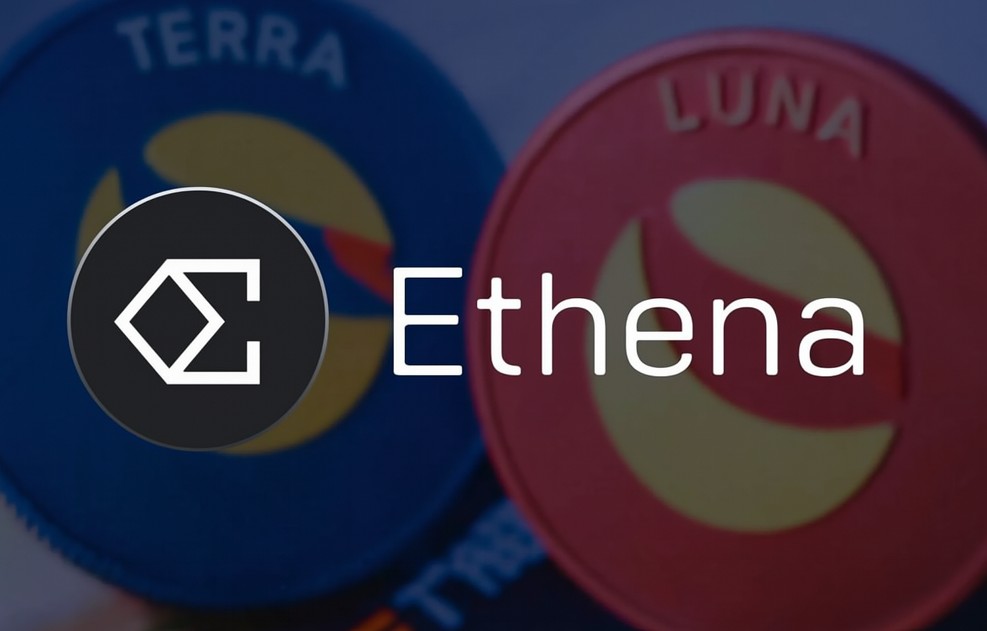Ethereum faced a rare slashing event this week, with 39 validators penalized, according to blockchain explorer Beaconcha.in. The affected validators were tied to the SSV Network, a distributed validator technology (DVT) protocol designed to decentralize Ethereum staking by splitting validator keys across multiple operators.
SSV Network founder Alon Muroch clarified that the protocol itself was not compromised. Instead, the penalties came from operator-side infrastructure issues involving third-party staking providers. One slashing cluster was linked to liquid staking provider Ankr, where routine maintenance triggered the incident. Another cluster, previously migrated from Allnodes, suffered from duplicate validator setups, leading to penalties.
In total, 39 validators were slashed, making this one of the largest correlated slashing events since Ethereum’s shift to proof-of-stake. Each validator faces immediate ETH penalties and potential compounded losses from inactivity leaks. One validator with a 2,020 ETH stake lost about 0.3 ETH, valued at roughly $1,300.
Since the Beacon Chain’s launch in 2020, fewer than 500 validators out of more than 1.2 million active have been slashed. Most cases are linked to misconfigured or faulty infrastructure rather than malicious behavior. However, when groups of validators are slashed together, Ethereum’s protocol enforces additional inactivity leaks, intensifying financial losses.
This latest incident highlights a critical truth for Ethereum staking: validator safety relies heavily on operator diligence and infrastructure reliability. While Ethereum’s proof-of-stake protocol remains secure, operational errors at the provider level can result in significant financial setbacks and public scrutiny.
For stakers and providers alike, the event reinforces the importance of resilient infrastructure and careful operations to safeguard Ethereum’s decentralized ecosystem.



























Comment 0